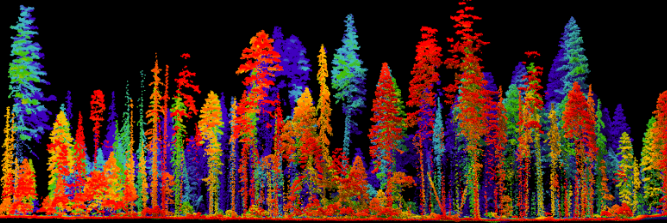
Warren Wilson has a phenology camera funded by National Science Foundation (NSF) here on campus? That’s right! Ecological data is all around us, and the key for scientists is to know how to access and work with these data. In this course we will discuss strengths and limitations of remote sensing (what it can, and cannot do), explore and understand existing long-term monitoring networks, and hear from diverse set of scientists via discussions and guest lectures. Students will also work with these data in brief exercises in R, although not to worry - no coding experience is necessary for this class. These rotating courses address timely and current issues in conservation biology. Different subjects are taught in different terms. Students explore the topic within the field of conservation biology and learn how the principles of conservation biology are applied to the topic and used in conservation on the ground. These courses combine the theoretical knowledge students gain in conservation and wildlife biology and applied work in conservation. May be repeated up to three times for a maximum of 8 credits.These rotating courses address timely and current issues in conservation biology. Different subjects are taught in different terms. Students explore the topic within the field of conservation biology and learn how the principles of conservation biology are applied to the topic and used in conservation on the ground.
- Teacher: Brent Wilder